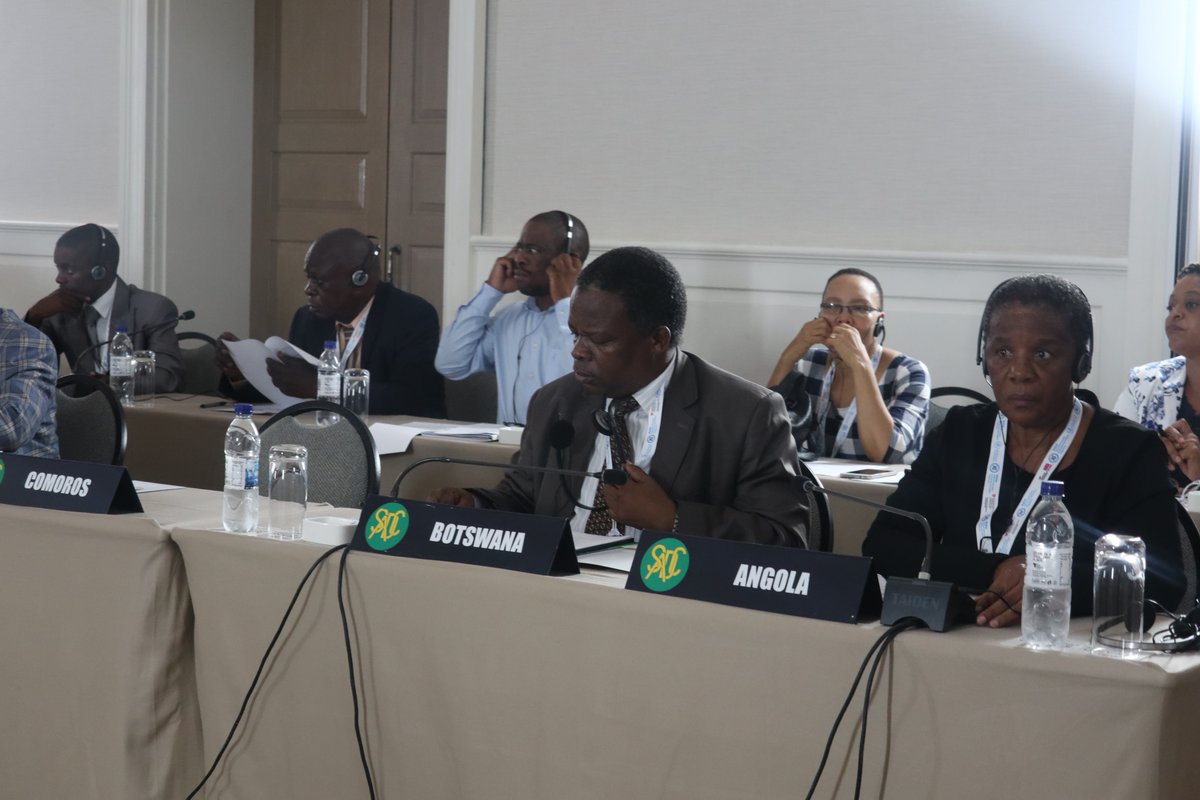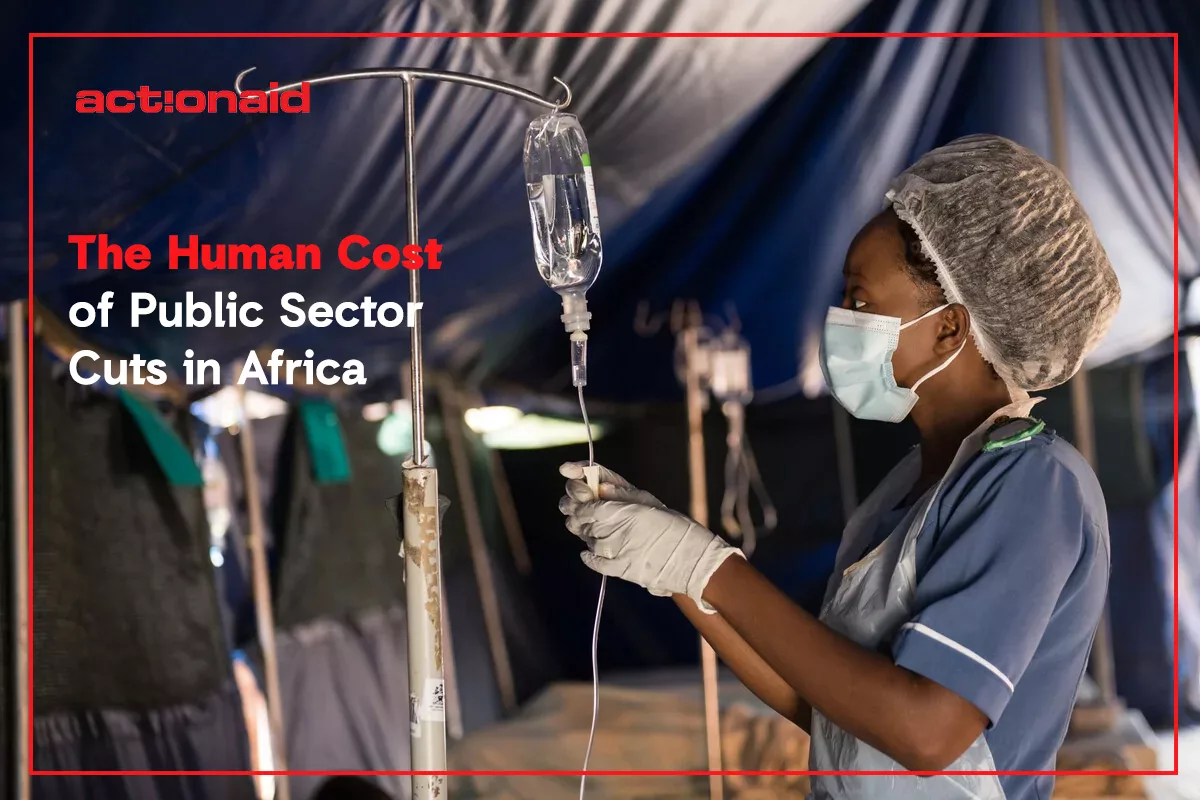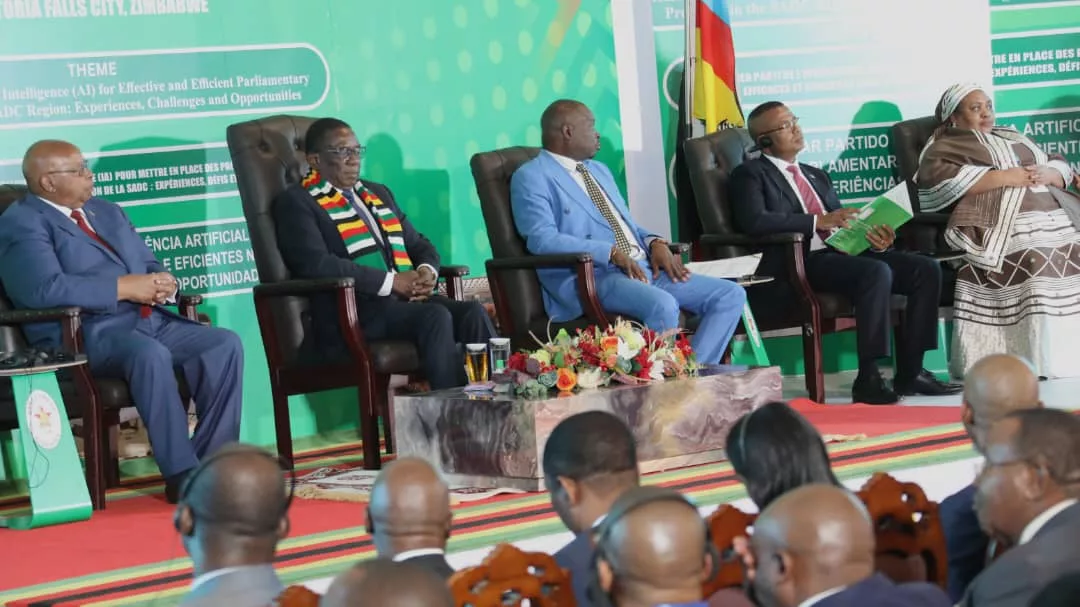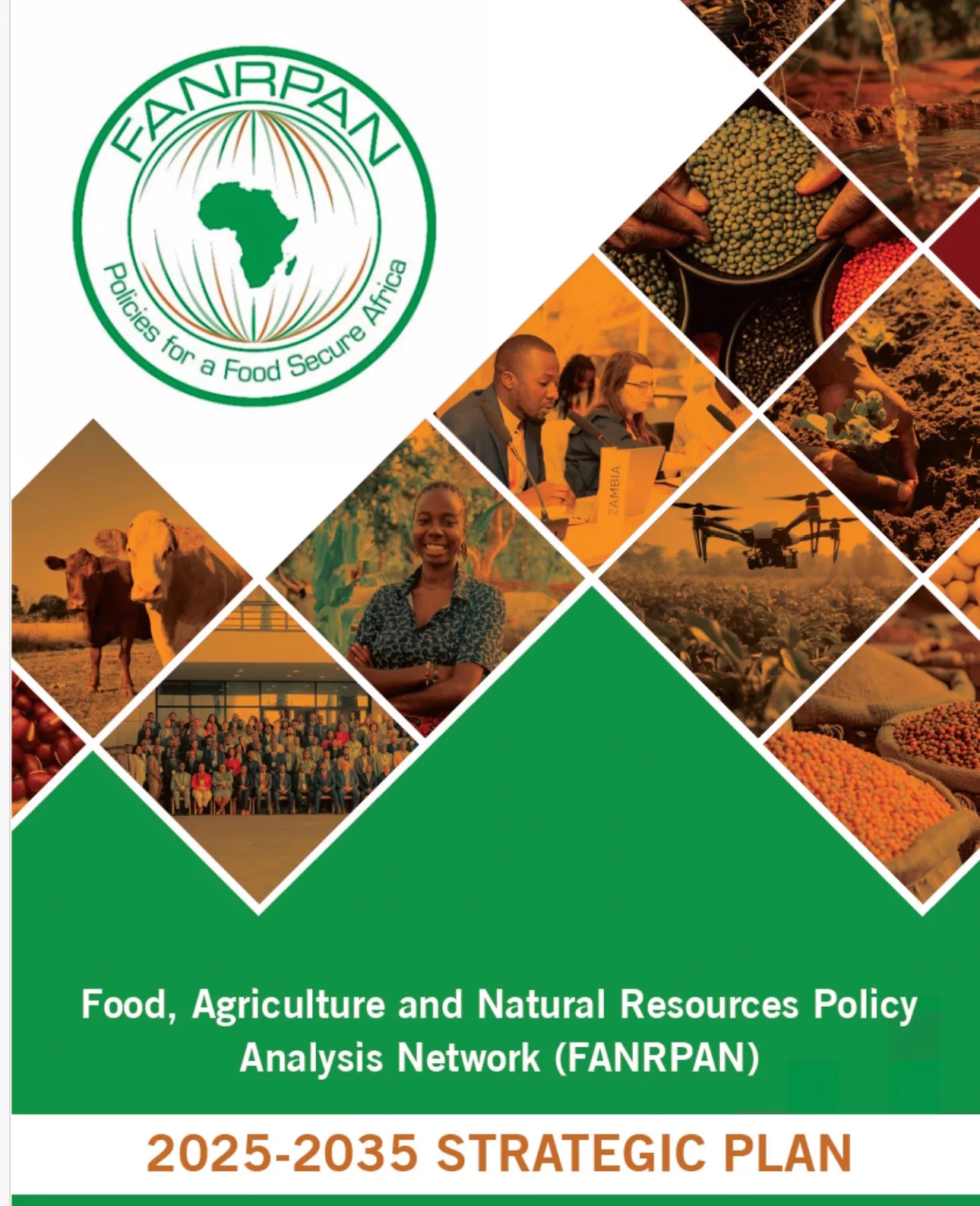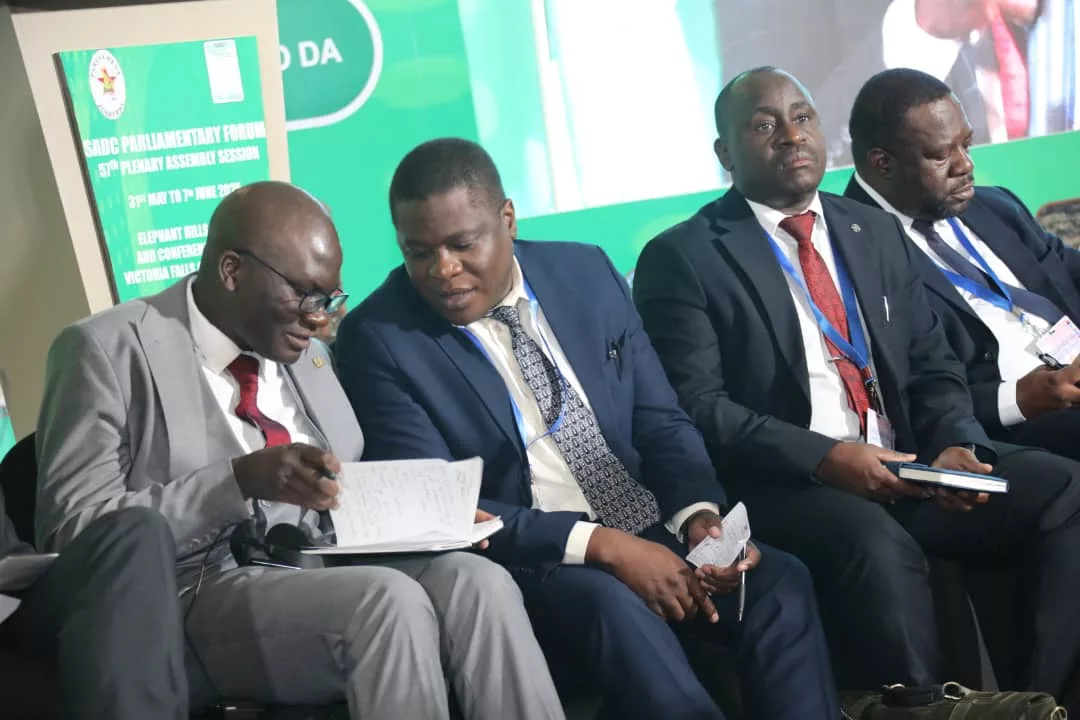The Southern African Development Community (SADC) Regional Vulnerability Assessment and Analysis (RVAA) Programme’s Steering Committee held their Annual Organisational meeting on 18 – 21 February 2019 in Swakopmund, Namibia to review the 2018/19 regional vulnerability assessment and analysis activities and consolidate and approve the work plan and budget for 2019/20 implementation year.
The Steering Committee approved the RVAA Programme 2019/2020 work plan and budget, that prioritise conducting national assessments and analysis, capacity building of NVACs of Member States and supporting their institutionalisation into national government structures and funding mechanisms to ensure sustainability.
The Committee recommended that the SADC Member States accelerate the 2019 vulnerability assessments to ensure timely advisory of the unfolding regional food insecurity situation and disseminate the results of the national assessments preferably, by the end of June 2019. The RVAA Programme will synthesise the results of the assessments and analysis into the “SADC Regional State of Food and Nutrition Security and Vulnerability in Southern Africa Report,” that will be discussed by the Council of Ministers and the Summit of Heads of State and Governments in August 2019.
The Steering Committee deliberated on the rainfall season performance and the food security situation in the region noting that it is likely that crop production will be negatively affected in many southern and central areas. Satellite rainfall analysis indicates that October 2018 to January 2019 rainfall may be among the lowest since 1981 in parts of southern Angola, western Botswana, northern Namibia, western and central South Africa, Lesotho, western Zambia, and western Zimbabwe. Rainfall was also poorly distributed and below average in western Madagascar, southern Mozambique, and eastern Tanzania. The Committee further noted that the SADC Member States had successfully conducted 2018 vulnerability assessments and analysis that informed the design and implementation of policies and programmes aimed at reducing vulnerability in the region.
The Permanent Secretary in the Office of the Prime Minister of Namibia, Mr. I-Ben Nashandi, encouraged the SADC Member States to be proactive in generating Early Warning information and timely forecasts to guide the response to climate variability.
Recognizing that the whole SADC region is experiencing the impacts of climate change and climate variability, Mr. Nashandi called for a coordinated response to the challenges.
“Issues of climate change and vulnerability are not restricted to specific countries. Therefore, we need to use common approaches in responding to these challenges”, he said.
On his part, SADC Director for Food, Agriculture and Natural Resources (FANR) Mr. Domingos Gove encouraged the SADC Member States to fully institutionalise vulnerability assessments and analysis systems, given their essential role in generating critical information required during decision-making processes.
“We need to domesticate the costs of the vulnerability assessments and analysis by allocating funding for the activities in our national budgets,” he said.
The RVAA Programme Steering Committee is the highest-level governance body that provides strategic guidance and policy direction for all vulnerability assessment and analysis work in the SADC region. It is made up of Permanent Secretaries from Member States’ Ministries that host National Vulnerability Assessment Committee (NVACs).
The meeting was attended by the following Development partners: African Risk Capacity (ARC), Famine Early Warning Systems Network (FEWS NET), Food and Agriculture Organisation of the United National (FAO), the Integrated Food Security Phase Classification (IPC) Global Support Unit, UNICEF, United Nations Office for the Coordination of Humanitarian Affairs (OCHA), and World Food Programme (WFP). The latter shared their plans to support the Member States in implementing vulnerability assessment and analysis activities in the 2019/20 implementation year.


